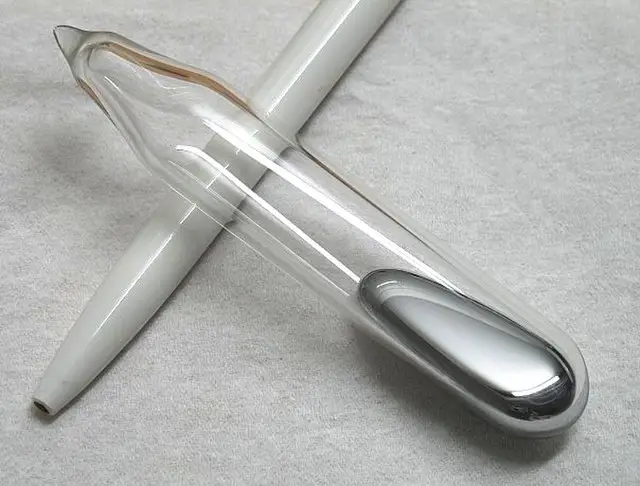The Council and Parliament of the European Union agreed on Thursday (8 February) on a proposal to phase out mercury in dental amalgam as part of the EU’s Zero Pollution Ambition commitments, Euractiv informed.
Mercury is a highly toxic chemical that harms human health and the environment, with high concentrations potentially damaging the brain, lungs, kidneys and immune system. However, around 40 tonnes of mercury is still used in the EU every year, especially in dental amalgams.
According to the Environmental Network for Environmental Medicine (EnvMed Network), dental amalgam consists of 50 per cent of highly toxic mercury, being the largest remaining source of use of this substance in the EU. Florian Schulze, managing director of the EnvMed Network, stated:
“Nearly half of the EU member states have already phased out its use or reduced it to less than 1%. It has been proven that the alternatives are effective, available and affordable so that hazardous waste shouldn’t be unnecessarily placed into people’s mouths.”
In 2012, a study by the European Commission found that a phase-out was possible from 2018 onwards. A second study in 2020 and a Commission proposal in 2023 moved the deadline to 2025. In the new agreement, the maximum phase-out date is 1 January 2025, unless dental amalgam is required to meet a specific patient need.
For instance, in the Czech Republic and Slovenia, mercury dental amalgam is the only material fully reimbursed by the public healthcare system. For such cases, the new agreement provides for an eighteen-month deferral until 30 June 2026.
Exports of dental amalgam will also be banned from 1 January 2025, with production and imports into the EU to be prohibited from 1 July 2026.
